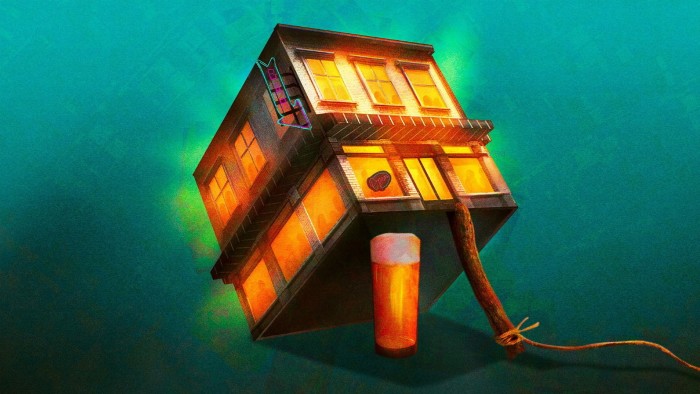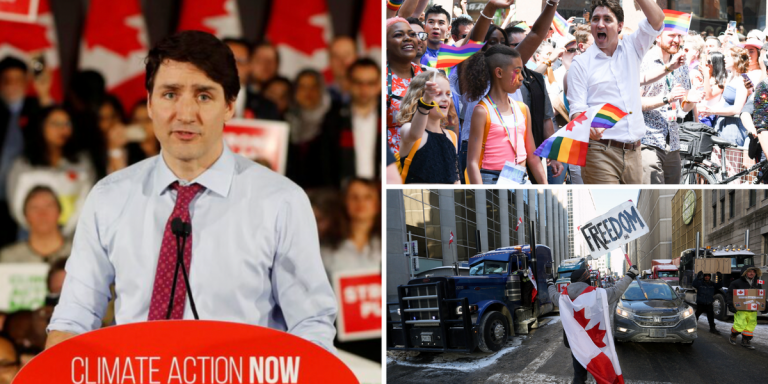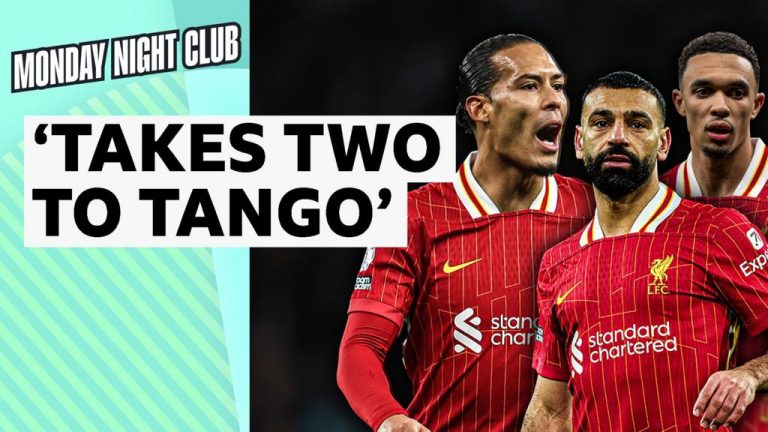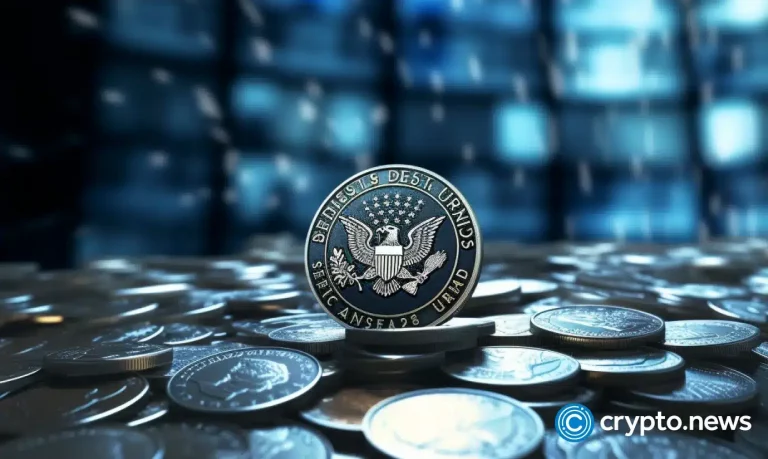Unlock the Editor’s Digest for free
Roula Khalaf, Editor of the FT, selects her favourite stories in this weekly newsletter.
The writer is a contributing columnist, based in Chicago
“Happy alco-holidays”. The neon sign flashes in the window of one of the numerous seasonal pop-up bars that pack the streets around Chicago’s Wrigley Field stadium. The pop-ups are doing a roaring trade, as Chicagoans gear up to celebrate that alco-holiday in chief, New Year’s Eve.
They are ringing in what could be a momentous year in the great American alcohol debate: does booze do more to kill us or keep us alive? True believers from both sides are facing off over planned new guidelines on alcohol consumption: should Americans dramatically reduce their drinking? Or is a modest amount healthier than never drinking at all?
Many younger Americans are already voting with their mocktails: the Pew Research Center found that the percentage of 18- to 34-year-olds who say they ever drink has fallen by 10 points in the last two decades, from 72 to 62 per cent.
One Must-Read
This article was featured in the One Must-Read newsletter, where we recommend one remarkable story each weekday. Sign up for the newsletter here
And those who say alcohol is harmful are increasingly winning the public relations battle. Gallup found 45 per cent of Americans thought having one or two drinks per day — the current US guidelines, respectively, for women and men — was unhealthy. That’s up 17 points since 2018. Among those aged 18 to 34, 65 per cent say alcohol is bad for health.
Overall, per capita US pure alcohol consumption “has dropped to its lowest level since 2002, after peaking during the pandemic”, according to IWSR, the global drinks data provider. IWSR predicts the US no-alcohol market will have a compound annual growth rate of 18 per cent by volume between 2024 and 2028. “It’s become the norm to have non-alcoholic drinks on the menu, and people who drink them no longer stick out like a sore thumb,” says Carrie May, founder of non-profit Chicago AF, which promotes sober socialising.
That is perhaps less true at the time of alco-holidays: when I tried to order a non-alcoholic drink at one pop-up, I was offered a tipple named after a children’s character — or hot chocolate.
Researchers admit that many people decide how to drink based on personal experience rather than government guidelines that have scarcely changed in decades. I’m teetotal now, but the guidelines are the same as when I moved to Washington DC nearly 30 years ago — and brought so much South African wine that I was forced to get a liquor licence. I didn’t wait for new guidelines to change my habits.
But recently, policymakers around the world have taken a stricter line on alcohol. Two years ago, the World Health Organization said no amount of alcohol was safe. Canada funded a study that found “alcohol-related consequences” for the drinker or others were only likely to be avoided at two drinks per week or less. Still, Ottawa has not endorsed this guidance, and it continues to publish far higher guidelines for “low-risk drinking”: three drinks per day for men, and two for women.
Ahead of the revision of alcohol recommendations in the US, proponents of “no amount is safe” are facing off against those who say moderate drinking has health benefits. Two rival groups are advising the government departments that will choose 2025-2030 guidance.
One of those groups, the National Academies of Sciences, Engineering, and Medicine, found that the evidence was “imperfect” but it still concluded with “moderate certainty” that moderate drinkers had lower all-cause mortality and lower risk of cardiovascular death than those who never drank.
A separate panel is expected to issue its report soon — and lobbyists from both sides think it may put forward evidence to support sharply reduced consumption guidance. The alcohol industry is already lobbying against this. “If you throw out the science and tell consumers there is no safe level of alcohol consumption, you run the risk of them ignoring the guidance altogether,” Amanda Berger of the Distilled Spirits Council of the US told me.
Dramatically slashed consumption guidelines might face political backlash too. Texas Republican Senator Ted Cruz hit out last year at rumours of new limits, posting on X: “What is it with liberals wanting to control every damn aspect of your life? If they want us to drink two beers a week, frankly they can kiss my ass.”
Back in Wrigleyville, the neighbourhood cannabis dispensary now has a long queue. Americans may be drinking less, but Gallup found twice as many US adults smoke marijuana than in 2013. If it’s not booze, it could well be dope.
In any case, we shouldn’t worry about what the government thinks is best for us on New Year’s Eve. There will be plenty of time for that in dry January.
























+ There are no comments
Add yours